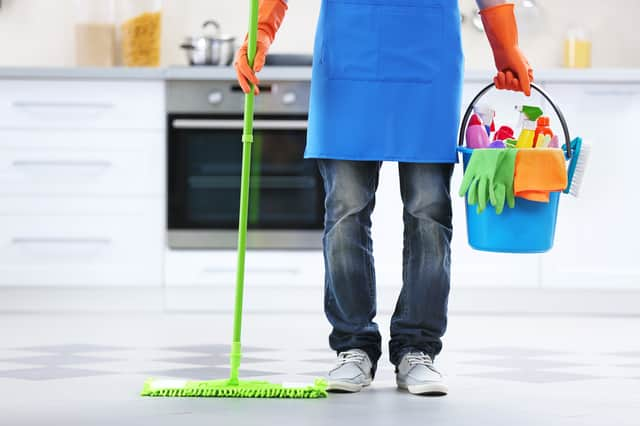These dirty household tasks are spreading germs and making you ill


New research has revealed that people are putting themselves and their families in danger with careless household hygiene.
A report by the Royal Society for Public Health (RSPH) found that public misunderstandings about good hygiene practices could lead to serious health consequences.
Advertisement
Hide AdAdvertisement
Hide AdWhy are people confused?
The survey uncovered different areas of concern around hygiene awareness.
Almost one in four people (23 per cent) agreed with the statement “hygiene in the home is not important because children need to be exposed to harmful germs to build their immune system”.
The report explained: “This is a potentially harmful belief which could lead to children being exposed unnecessarily to harmful or even life-threatening infections.”
Professor Lisa Ackerley, RSPH Trustee and food hygiene expert, said: “Getting outdoors and playing with friends, family and pets is great for exposure to ‘good bacteria’ and building a healthy microbiome, but it’s also crucial that the public don’t get the wrong end of the stick - this doesn’t need to get in the way of good hygiene.”
Advertisement
Hide AdAdvertisement
Hide AdThe survey revealed that people think “visual cleanliness” means an absence of harmful bacteria.
It also highlighted the gaps in understanding about how germs are spread - for example reusing a dirty dishcloth, or by failing to wash clothes at a high enough temperature.
And some respondents revealed they don’t know if the term “germ” refers to any microbe, or just harmful ones.
What are the household activities that are spreading germs?
These are the times we need to take extra care to prevent harmful microbes from spreading, according to the report:
Advertisement
Hide AdAdvertisement